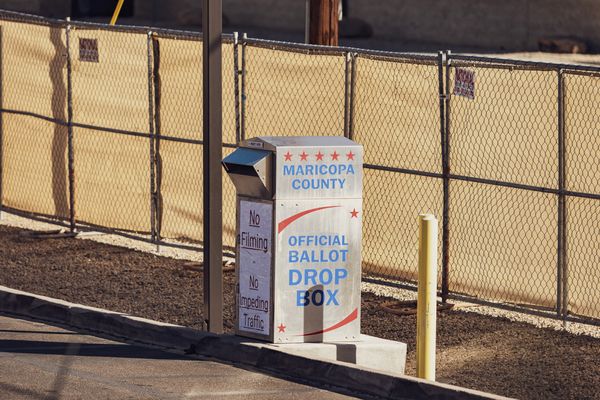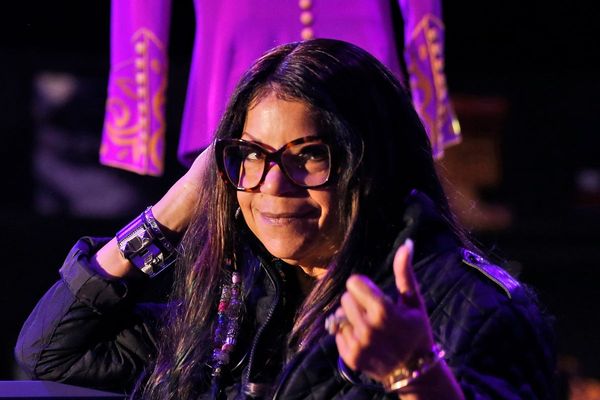Toyota will put its expertise in mobility and technology to work in designing what it’s calling the next-generation sports arena.
The Japanese company known for its cars and trucks announced a partnership Monday in Tokyo to turn a car theme park site there into a sustainable and configurable sports arena by 2025. Toyota closed the theme park site, Mega Web, in 2021. Toyota Motor Corp., parent of Plano-based Toyota North America, will collaborate with Toyota Fudosan and Alvark Toyota on the project.
The Tokyo A-Arena will be home to Toyota’s professional basketball team, Alvark Tokyo, and include the main arena, a sub-arena and a building for team operations. It will also include two rooftop park spaces for the public where events and sports training can take place.
The arena will be designed in such a way that different aspects of the facility can be moved around, making each event and experience unique. Spectators will also be able to order food from their seats, enhancing the sports viewing experience.
Tomohide Yamamura, president of Toyota Fudosan, which is managing the development, said in a joint presentation that “there is no partition from the entrance to the court, so you can feel the sense of being right in the action from the moment you enter.”
While being home to Alvark Toyota, the space can also be used for other sports like volleyball or urban sports like skateboarding and BMX.
Toyota has a long history with sports, dating back to the company’s founder, Kiichiro Toyoda, who established a track and field club in 1937. He had a dream of building up the automobile industry in Japan through the power and impact of sports. Toyota sponsors athletes and athletic teams around the world, including Toyota Stadium in Frisco, home to professional soccer team FC Dallas.
Company president Akio Toyoda, grandson of the founder, has continued his grandfather’s mission.
“In the 13 years since I became president, there hasn’t been a time I could say was peaceful. Throughout it all, however, it was athletes who encouraged me,” Akio Toyoda said in a statement. “Whenever I saw those athletes refusing to give up, I, too, felt I had to do my best and not give up. It is no exaggeration to say that Toyota overcame many hardships thanks to the support that sports have given us.”
The arena project has two main goals – to create an appreciation of athletes and to deliver new spectator experiences using mobility and technology, said Toyota vice chairman Shigeru Hayakawa at the presentation.
Another goal is to prioritize sustainability.
“From the perspective of sustainability, we are looking into acquiring LEED certification,” Yamamura said, referring to the global standard for the design, construction and operation of high-performance green buildings. “While there are currently no LEED-certified arenas in Japan, we hope to achieve an international level in terms of the environment.”
There are several dozen LEED-certified stadiums in the U.S., including the Toyota Center in Houston.
Toyota’s new arena also will work to eliminate food waste and decrease plastic use within the facility.
Sustainability is a major part of Toyota’s future. The company has invested in hydrogen power and other renewable energy options. It also has been on the forefront of electric vehicle development.







